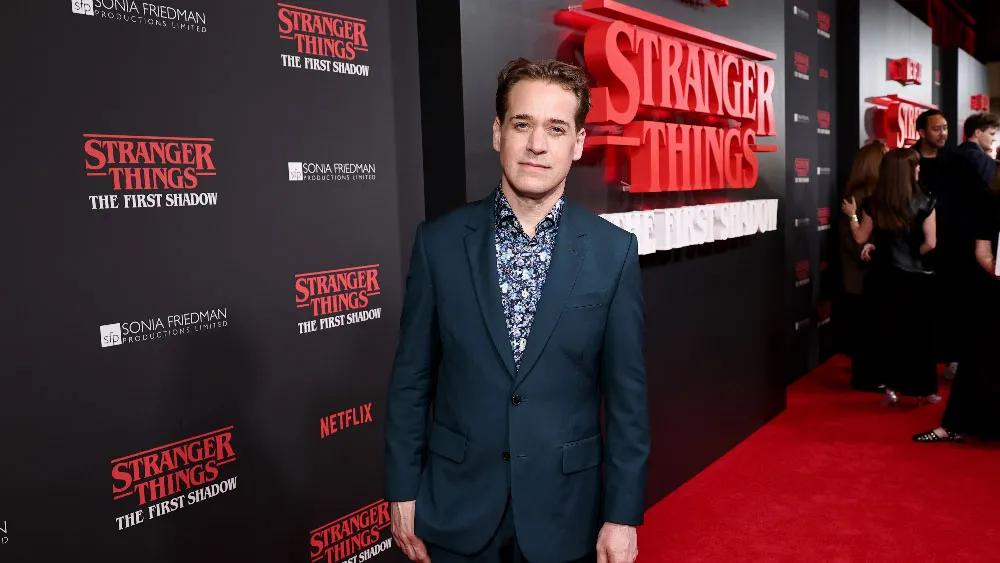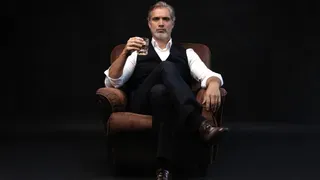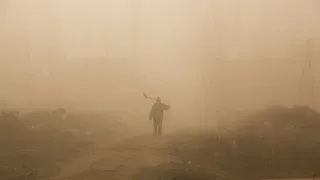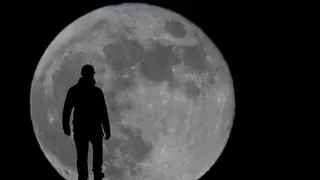March 30, 2009
Coming out in support of transgender children
Phyllis Steinberg READ TIME: 2 MIN.
Dear Phyllis:
I have a very good friend who I've worked with for a long time. She recently confided to me that her 26 year old son is transgendered and will be becoming a girl! I'm very fond of this woman and want to be supportive but I'm completely confused. Why would anyone want to be the opposite sex? My friend seems pretty supportive but doesn't know whether to say "he" or "she" and admits that her husband is having a very hard time.
What do I need to know and how can I help?
From,
Barbara
Dear Barbara,
Many people are confused about what it means to be transgendered. When a fetus develops inside a mother's womb, at a certain point that fetus becomes male or female - that is, its physical characteristics develop as male or female. This is its sexual orientation. Gender identity also develops in the womb. This is the sex with which the brain will identify. In most cases a person's physical sexual characteristics and gender identity match. In other words, a person born as a male thinks he is a male and a person born as a female thinks she is a female. Sometimes when the fetus develops, the gender identity and the sexual orientation do not match. The individual that develops is either a person who thinks he is a man in a woman's body or a woman who thinks she's in a man's body. These people are known as transgendered.
In the case of your friend, her son most likely would like to be called "she" especially after he transitions to female. If a person is female and wants to transition to male, that person would most likely want to be called "he".
www.transfamily.org and PFLAG are support groups that can help your friend and her husband understand and accept what is happening with their child.
Your support, compassion, and understanding is very important to your friend. She is lucky to have you.
Sincerely,
Phyllis







